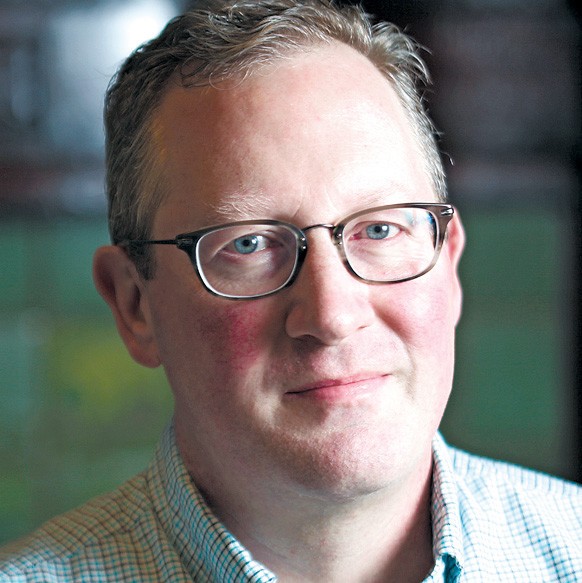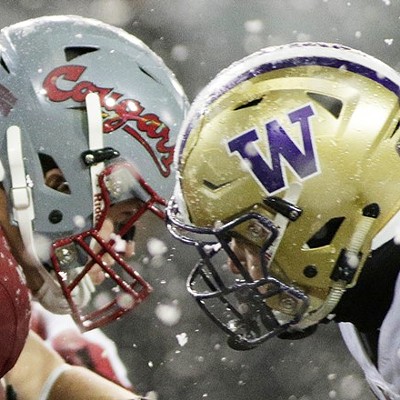It was 50 years ago when Lyndon Johnson declared war on poverty. "Our objective," he told Congress in 1964, "total victory." Such benchmarks demand reflection, and there has been plenty, with official reports and expert opinions declaring both success and failure.
The truth is, many battles have been won; while the poverty rate in 1967 was 26 percent, today it is 16 percent. But more Americans — 46.5 million in 2012 — are stuck in poverty today than ever before. So Ronald Reagan's famous half-joke — "We fought a war against poverty, and poverty won" — continues to fuel efforts to tear down the social safety net LBJ started weaving.
Michael Harrington seemed to predict the unending nature of this "war" in 1962: "The fate of the poor hangs upon the decision of the better-off. If this anger and shame are not forthcoming, someone can write a book about the other America a generation from now and it will be the same or worse." Anger and shame did drive reform, and it's gotten better, but "total victory"? Not even close. And, yes, many books are being written about inequality, including Capital in the 21st Century, the top seller on Amazon this week.
Harrington's landmark book, The Other America, inspired John Kennedy, who had been deeply moved by the poverty he saw in Appalachia while campaigning in 1960. Later, Johnson took up Kennedy's cause, drawing upon his own experiences teaching poor Mexican-American kids at a segregated school in rural Texas. Harrington knew the face of poverty, too, having worked in a Catholic relief mission among the homeless in New York City.
A kind of American Dickens, Harrington showed us a side of our national life we preferred to ignore. In a country that viewed itself, postwar, as a middle-class society, he forced people to reckon with reality: In the 1950s, fully one-quarter of Americans were living in poverty. A prophet's clarity gives Harrington's words a timeless power. America's poor, he said, were "maimed in body and spirit, existing at levels beneath those necessary for human decency. It is an outrage and a scandal that there should be such social misery." Still true.
His work also calls to mind the Gospel of Luke, which documents Jesus' words as, "The Spirit of the Lord is on me, because he has anointed meto proclaim good news to the poor." (Luke, in fact, details 10 ways Jesus leads his followers to serve the poor.)
Jesus addes that he was sent to recover "sight for the blind." To Harrington, those "better-off" who live outside poverty's grip — in 1964 and today in 2014 — are the blind ones who need the gift of sight. ♦

























